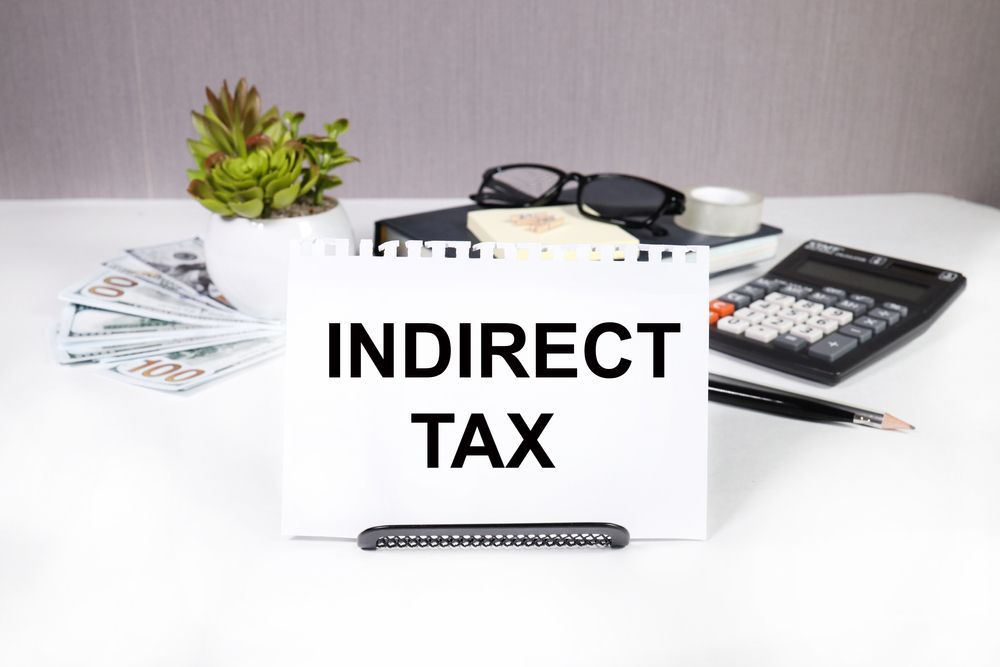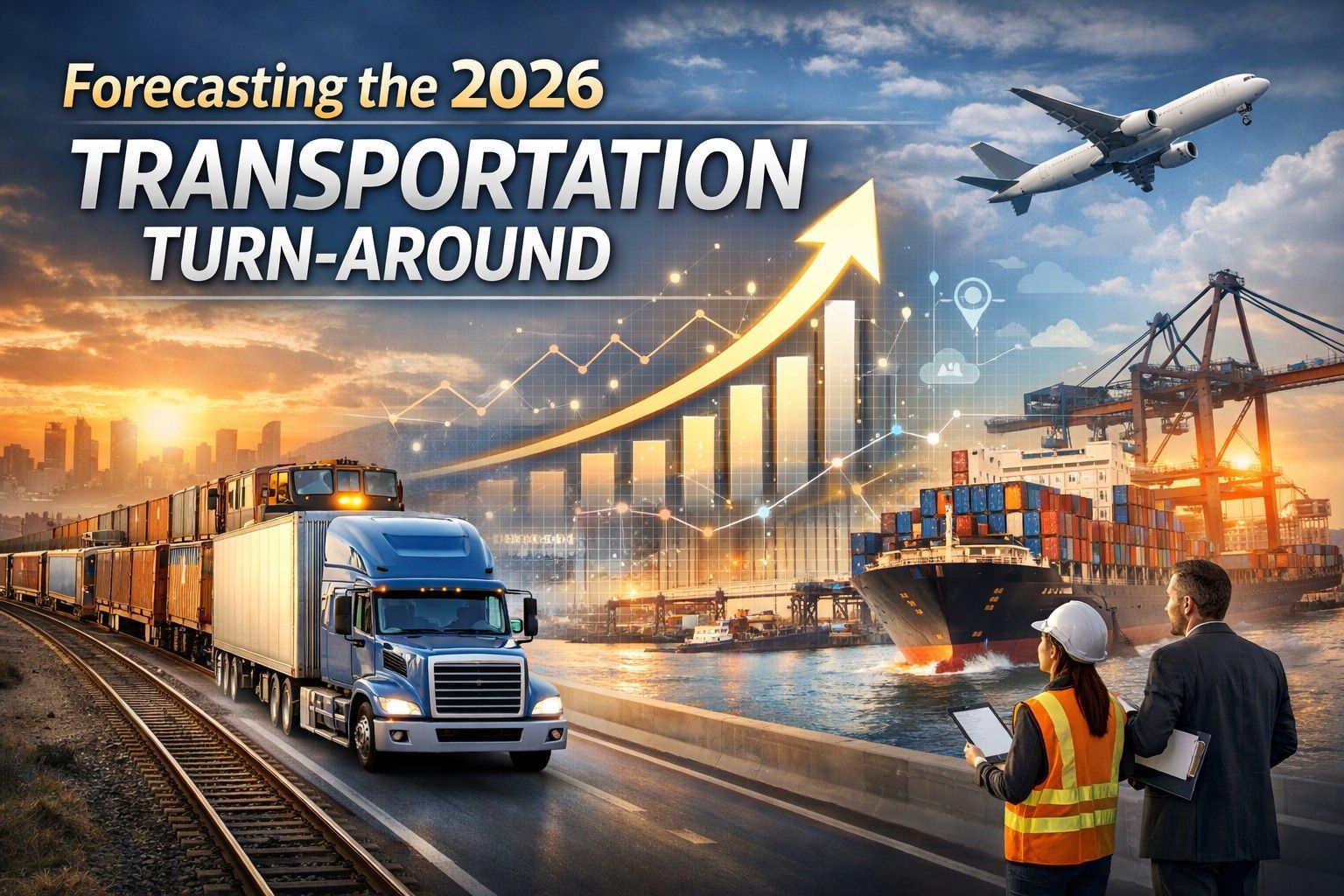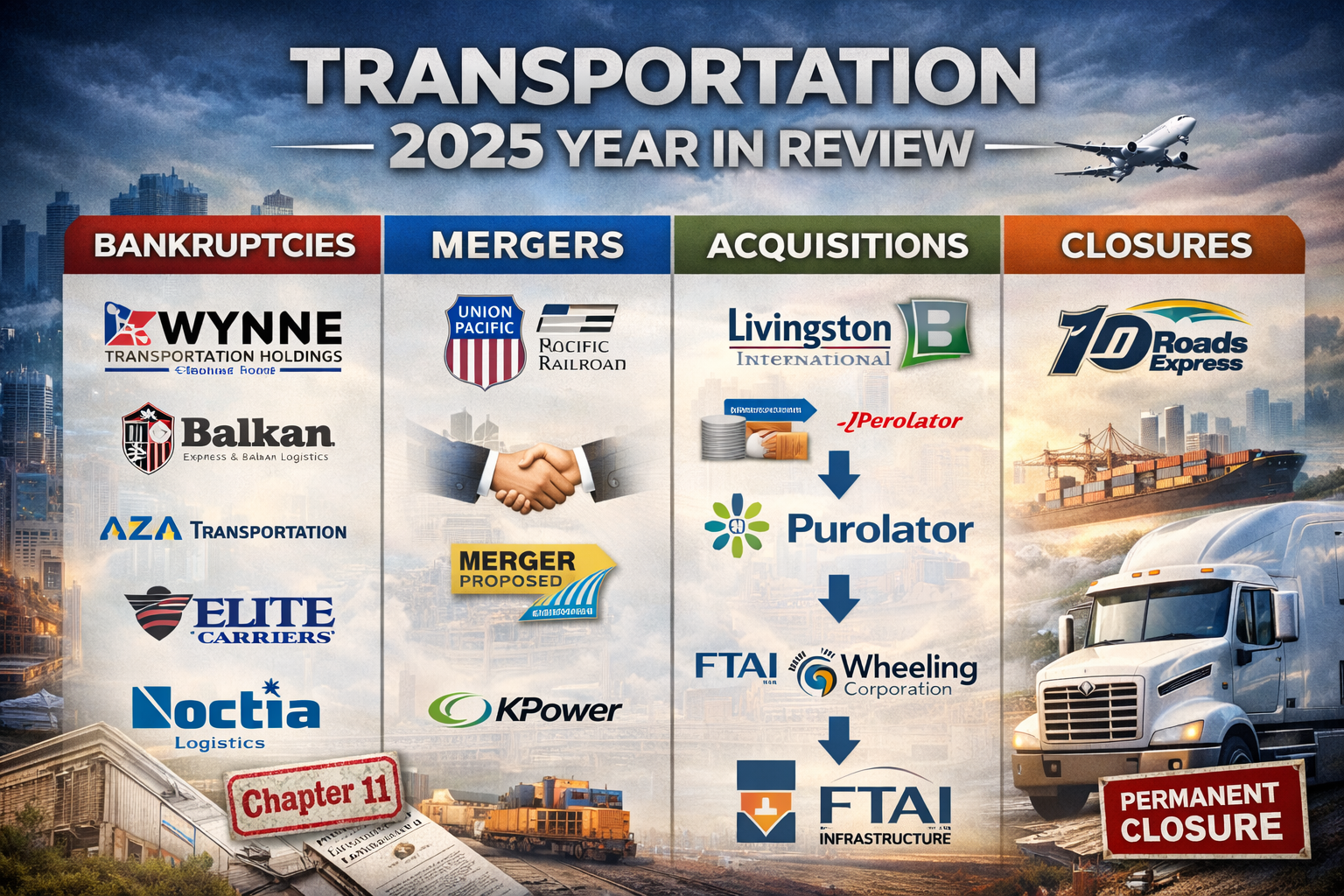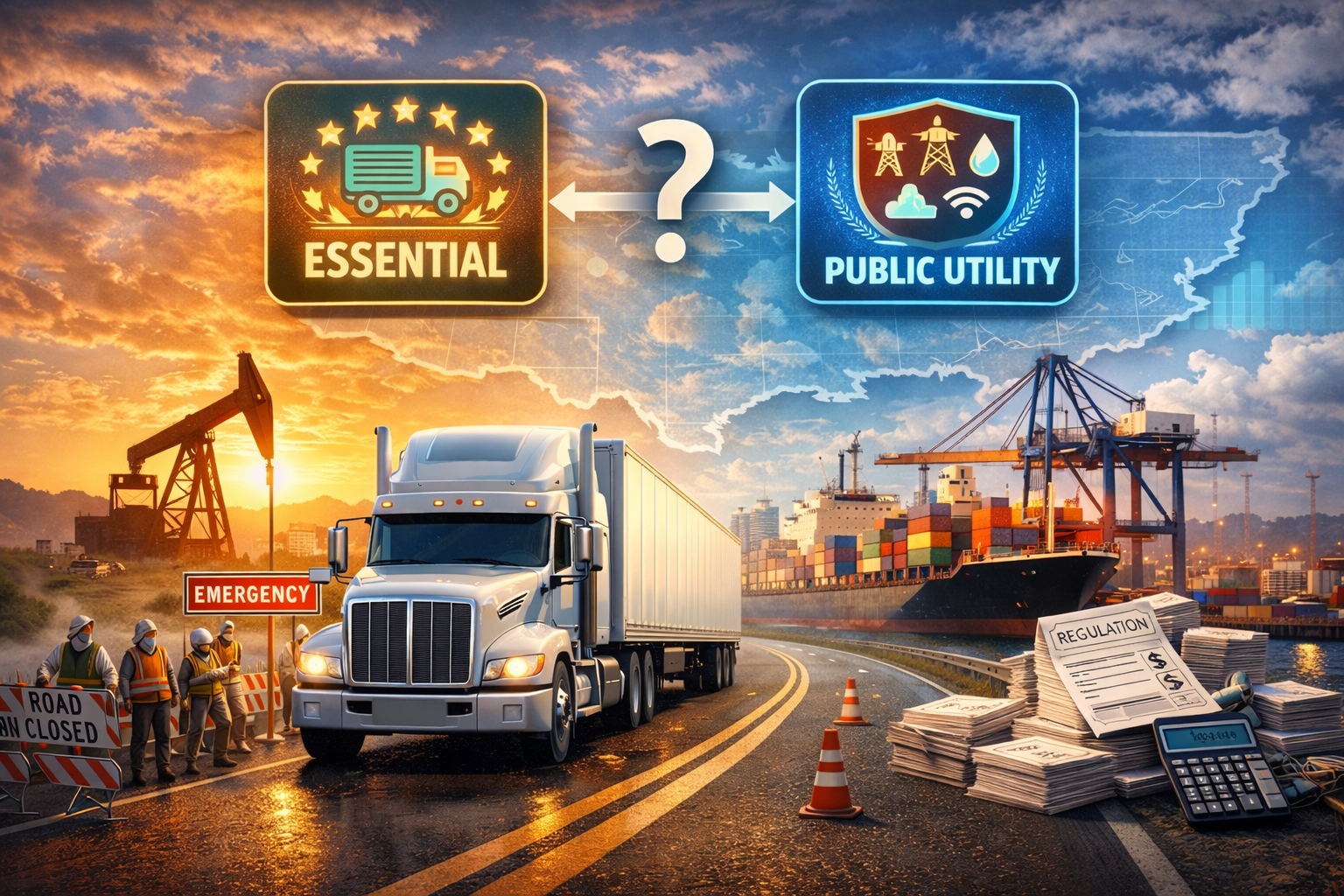Indirect Tax & Why It Matters for Transportation Companies
Share this Article:
Indirect tax touches nearly every transaction in the transportation industry. It applies when companies purchase parts, pay for fuel, or provide services that cross state lines. These taxes are often less visible than income taxes but can significantly impact margins, compliance efforts, and long-term planning. They influence purchasing decisions, contract terms, and the overall cost of operating in different regions.
For companies active in multiple jurisdictions, the complexity grows as rules vary by state and locality. Addressing indirect tax properly reduces risk, strengthens financial outcomes, and supports smoother day-to-day operations while building confidence during audits and future business transactions.

What is Indirect Tax?
Indirect tax is applied to transactions rather than directly to company income. Instead of taxing profits, governments collect revenue through taxes on goods, services, and specific activities. For transportation companies, this often includes sales tax, use tax, fuel tax, excise tax, and business license fees. Each tax type applies differently depending on where the company operates, what it purchases, and how it provides services.
Unlike income tax, indirect tax is generally passed through to customers or tied to purchases. A company buying replacement parts, leasing equipment, or paying tolls may incur indirect tax without always recognizing it as such. Similarly, services offered across state lines can trigger obligations in states where a company may not have considered itself responsible for filing.
Because rules vary widely across jurisdictions, tracking indirect tax obligations can be complex. Proper management requires timely filing and accurate documentation to support exemptions and defend against audits.
Why Indirect Tax Matters in Transportation
Transportation companies operate in an environment where almost every transaction has a tax consequence. Fuel purchases, vehicle registrations, repair services, and even tolls can involve indirect tax. Since margins in transportation are often tight, even small errors or overlooked liabilities can reduce profitability and create unexpected costs.
Operating across multiple states increases the challenge. Each jurisdiction applies its own rules for sales tax, fuel reporting, and excise obligations. A transaction considered exempt in one state may be taxable in another. Companies that do not keep up with these differences risk assessments, penalties, and disputes that distract from operations.
Indirect tax also plays a significant role in deal value when companies are bought or sold. Buyers routinely review historical filings during due diligence. Any unresolved issues can lower the purchase price or delay closing. Addressing indirect tax properly not only protects current operations but also strengthens long-term growth opportunities and market value.
Common Indirect Tax Pitfalls in the Transportation Industry
Indirect tax rules can be difficult to navigate, and transportation companies often face recurring issues that lead to unnecessary costs or compliance risks. Some of the most common pitfalls include:
- Misuse of sales and use tax exemptions: Companies may purchase equipment or parts assuming the transaction is exempt. Without proper documentation, auditors can disallow the exemption and assess additional tax, penalties, and interest.
- Fuel and excise tax errors: Inaccurate International Fuel Tax Agreement (IFTA) reporting or incomplete records often result in assessments that carry forward for years. Federal excise taxes tied to heavy vehicles or tire sales are also frequently misapplied or overlooked.
- Overlooked local obligations: Counties and municipalities may impose business license taxes, vehicle fees, or local sales taxes. These smaller liabilities accumulate over time and can disrupt cash flow or complicate buyer due diligence.
Addressing these pitfalls early helps transportation companies avoid costly assessments and improve compliance.
How Transportation Tax Consulting Can Help
Managing indirect tax requires more than filing returns. It involves knowing how each type of tax applies to transportation activity and where risks may arise. Transportation Tax Consulting specializes in uncovering exposure, correcting compliance gaps, and identifying opportunities for savings. Our team has experience across trucking, rail, aviation, and maritime operations, giving us insight into how rules apply in real-world scenarios.
We support transportation companies through:
- Reviewing exemption certificate processes to reduce risk in sales and use tax audits
- Evaluating fuel tax reporting and IFTA compliance across multiple jurisdictions
- Assisting during indirect tax audits, preparing documentation, and responding to taxing authorities
- Identifying refund opportunities and cost recovery tied to indirect tax
- Restructuring purchasing processes and aligning reporting practices for better efficiency
Tailored Tax Strategies Built for Transportation

Every transportation company operates differently, which means indirect tax risks and opportunities vary. A trucking fleet with terminals in multiple states faces a different set of obligations than a regional carrier operating in just one state. Airlines, shipping companies, and rail operators each encounter unique rules that require tailored approaches.
Transportation Tax Consulting develops strategies that fit these operational realities. For some clients, this means creating a process for managing exemption certificates to prevent sales tax disputes. For others, it may involve reviewing fuel purchasing patterns and IFTA filings to uncover errors or refund opportunities.
We also assist companies in identifying where nexus has been triggered, registering in new jurisdictions, and reducing audit exposure through stronger recordkeeping. Each strategy is designed to address compliance while finding ways to reduce indirect tax costs. By focusing on the specifics of how transportation businesses operate, our tailored solutions protect cash flow and support long-term growth.
Key Takeaways
Indirect tax affects nearly every transaction in transportation, including fuel purchases, equipment acquisitions, and local fees across many jurisdictions. Compliance mistakes can trigger assessments, penalties, and liabilities that disrupt operations and erode margins. Common trouble spots include misuse of exemptions, inaccurate IFTA filings, missed federal excise obligations, and overlooked local taxes. These exposures compound quickly for companies managing assets and services in multiple states.
Effective management reduces risk, protects cash flow, and identifies refund opportunities. Companies that prepare proactively are better positioned during audits, business sales, and expansion, and they avoid costly surprises that surface late in negotiations.
Transportation Tax Consulting helps uncover exposure, strengthen compliance, and lower indirect tax costs. Contact us today to schedule a consultation and put our transportation-specific tax expertise to work for your business.
Share with Us:




